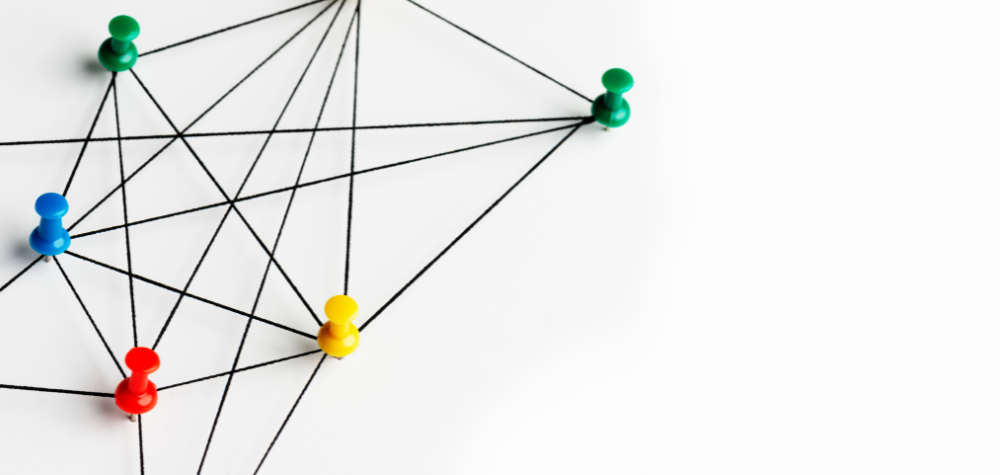How Connected Are You In The World Of Tax?

In the realm of tax law, a critical concept revolves around understanding the notion of “entities connected with you.”
This concept serves as a linchpin in several aspects of taxation, from determining one’s status as a Small Business Entity to ascertaining the value of assets when seeking eligibility for Small Business Capital Gains Tax (CGT) Concessions. Furthermore, it holds significance when an individual has sold an asset and claimed it was used by an ‘entity connected with them.’
In various tax scenarios, having an entity connected to you can either prove beneficial or burdensome. A prime example of the former is when you sell a factory unit, and a company affiliated with you operates a mechanics business within that unit. In this case, you become eligible to claim the Small Business CGT Concessions on the sale of the factory unit, potentially leading to substantial tax benefits.
Conversely, connected entities can have adverse consequences, particularly in specific asset tests. When evaluating certain asset-related criteria, the value of assets connected entities hold is aggregated with your own. Consequently, having entities connected with you in such situations may not be advantageous.
Consider a scenario involving a family trust and a distribution made to the adult daughter. In this instance, her assets may need to be added to the overall asset pool when determining your eligibility for tax concessions. A key threshold for determining connection to a trust is if an individual has received 40% of the income or capital of that trust in the preceding four years.
Entities controlled by the same person or entity are also considered connected with each other. For instance, if you oversee two trusts, those trusts are not only connected to you but also to each other. This interconnectedness has implications for tax planning and assessment.
In the eyes of tax law, spouses are not automatically deemed connected to each other. This is not the default assumption; spouses are typically not considered connected entities. For instance, if you are in control of a company, and your spouse independently manages their own separate company, they would generally not be considered connected to each other. The implications of this can vary depending on the specific tax scenario.
While the concept of entities connected with you may seem intricate, it is a dynamic factor that necessitates ongoing attention and evaluation. Circumstances surrounding the connections can change over time. Returning to the example of the factory unit, the nature of its disposal could alter the connection dynamics. For instance, you may have retained ownership of the factory unit while transferring ownership of the company to your son five years ago. In this case, the company is no longer connected with you, potentially affecting your eligibility for specific tax concessions.
Understanding and managing the relationships between entities and their connections is pivotal in navigating the complexities of tax law. It is not a static concept, but one that requires ongoing consideration, as changes in these connections can have significant implications for an individual’s tax obligations and eligibility for various concessions.
Therefore, individuals and businesses should remain vigilant and seek professional advice when dealing with entities connected with them in the realm of taxation. Keeping us apprised of your future plans for your assets and of changes that could impact your connections means that we can ensure that you do not inadvertently miss out on any of the tax concessions available.




